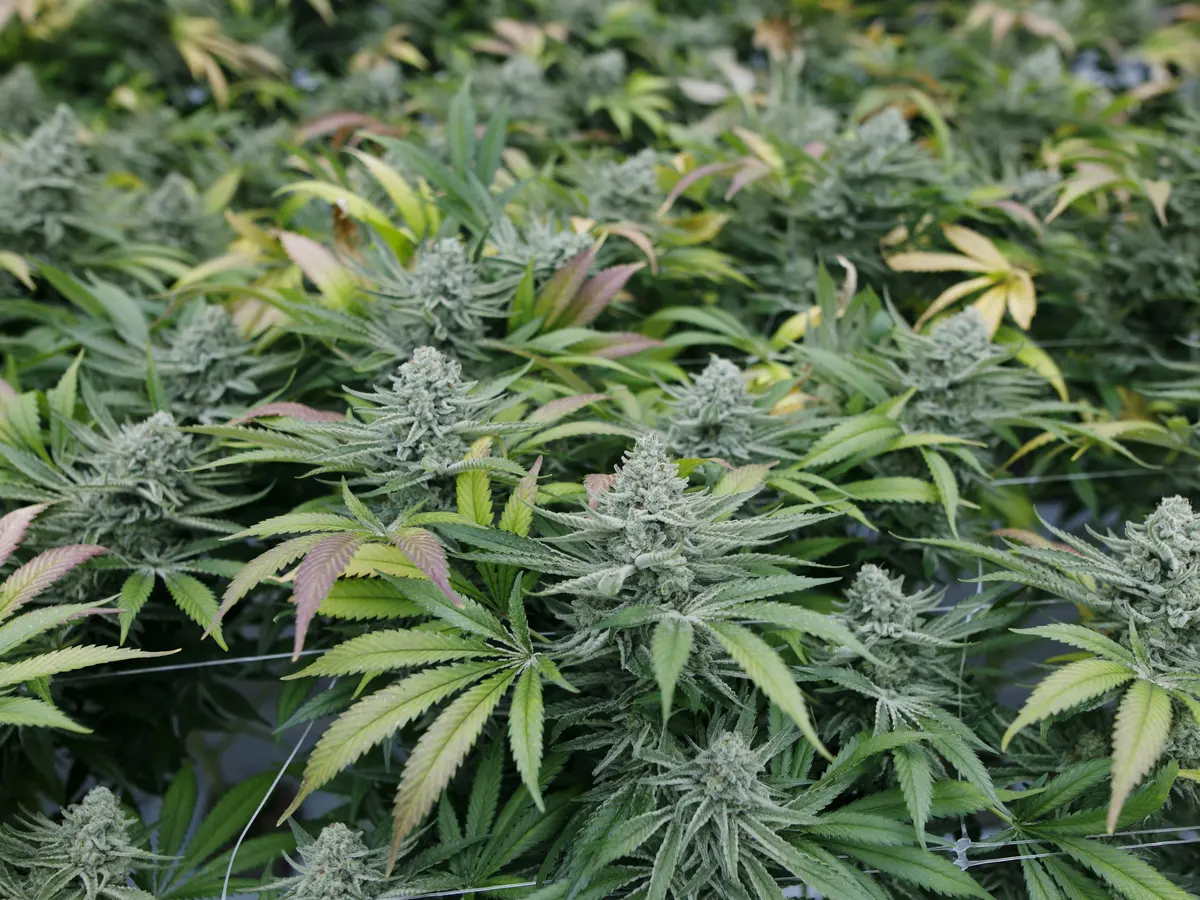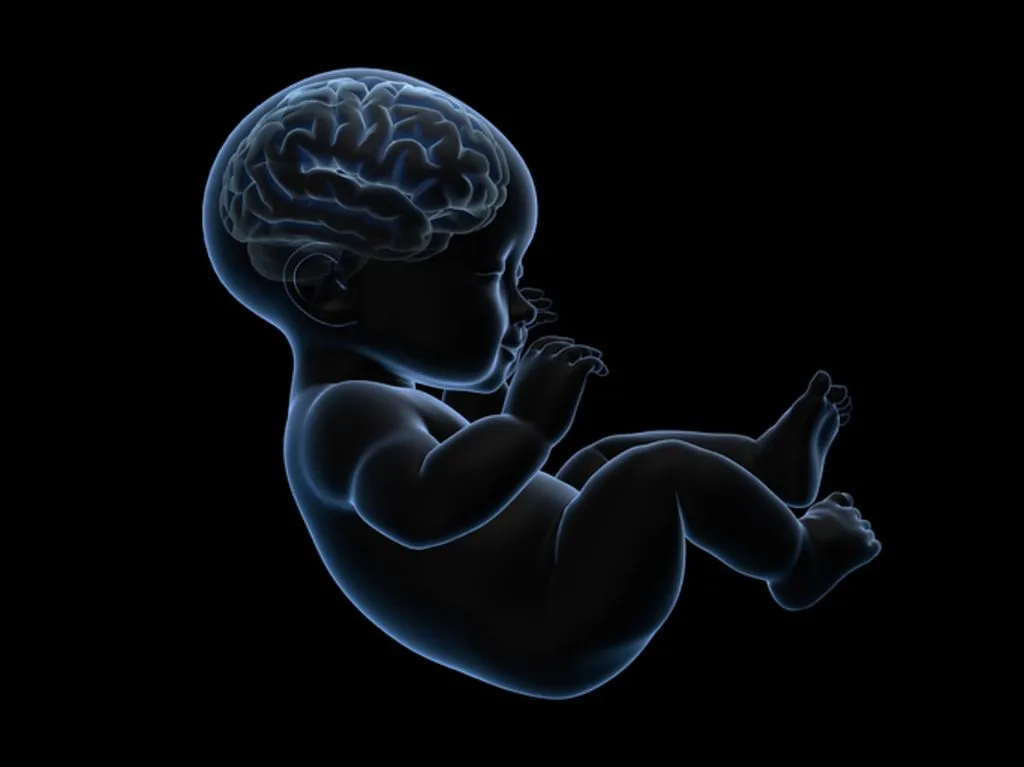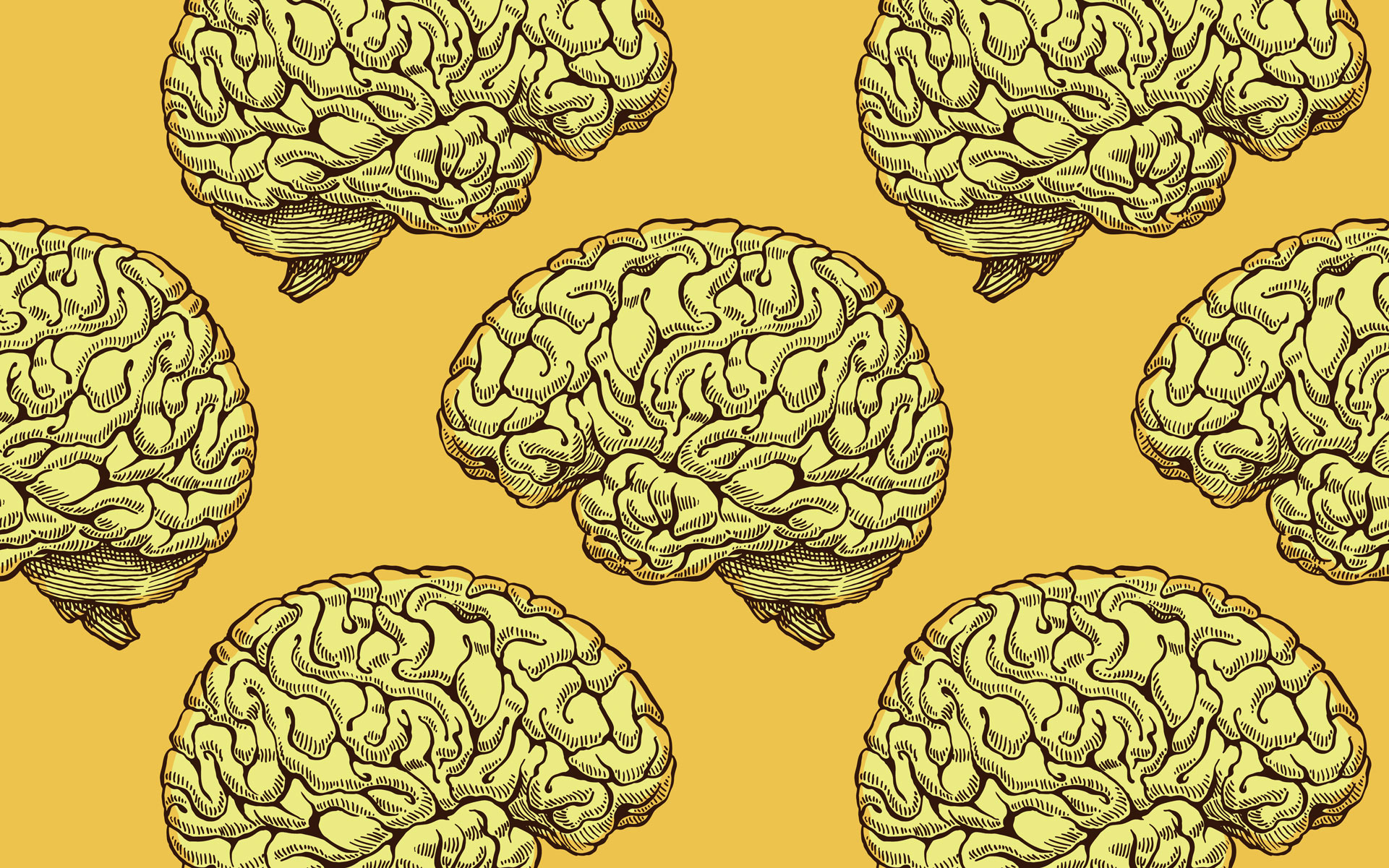The use of cannabis, especially by expectant mothers, has been a topic of concern and controversy. As states have started legalizing marijuana, questions have been raised about its potential effects on developing babies during pregnancy. While the effects of other commonly used drugs have been extensively studied, research on the impact of marijuana use during pregnancy has been limited and less widely publicized. This lack of scientific consensus has led to misconceptions and a lack of awareness among the general public. Studies are beginning to show that Canna-Moms Kids Have Normal Brains.
The Need for Research
Marijuana is the most commonly used illicit drug during pregnancy. Therefore, it is crucial to understand its risks and potential impacts on the developing fetus. Expectant mothers may turn to marijuana as an alternative to prescription drugs, perceiving it as a “natural” or safer option. However, it is important to note that just because something is “natural” does not necessarily make it safe or a better alternative to well-studied prescription drugs. To gain a comprehensive understanding, we need to delve into the research on this topic.

The Ottawa Prenatal Prospective Study
One notable study that sheds light on the subject is the Ottawa Prenatal Prospective Study. This study, conducted in 1978, surveyed 700 pregnant women who used marijuana and followed approximately 200 of their children into adulthood. The findings of this study indicate that children of marijuana users exhibited various behavioral issues, lower IQ scores, memory problems, and increased impulsivity and hyperactivity when compared to children of non-users.
Do Canna-Moms Kids Have Normal Brains?
Another significant study, the Maternal Health Practices and Child Development Study, conducted in the United States. Followed 580 children of marijuana users from pregnancy through age 14. The results showed that these children were more likely to experience attention problems, depression, and engage in delinquent behavior, such as drug use. Additionally, they were more prone to regular marijuana and tobacco use as adults 4.
The Generation R Study

The Generation R Study, which tracks almost 8,000 children in the Netherlands, further supports these findings. The study reveals that children exposed to marijuana in utero have a higher risk of developing behavioral and cognitive impairments, which persist into their teenage years .
The Consistency of Findings
What makes these studies particularly compelling is the consistency of their results. Both human and animal studies have demonstrated similar outcomes, emphasizing the impact of marijuana exposure during pregnancy on neurodevelopment. The infographic below summarizes the key findings from these studies:
The Role of Social Environment
While these studies provide valuable insights, it is important to consider other factors that may influence the behavioral outcomes observed in children of marijuana users. For instance, these children may have grown up in social environments with more permissive attitudes towards drugs, which could contribute to their increased drug use. Therefore, it is essential to interpret the findings in the context of various contributing factors.
The Limitations of Existing Research
Despite the valuable contributions of these studies, it is crucial to acknowledge the limitations inherent in their design. Some of the limitations include the use of outdated data and the potential differences in marijuana potency and usage patterns over time. The studies mentioned above primarily focused on children born in the late 20th century when marijuana potency might have been lower compared to today’s standards. This calls for further research showing if Canna-Moms Kids Have Normal Brains…
The Path to Further Understanding
As the legalization of marijuana continues, we can expect to see increased research efforts aimed at exploring its health effects and safety, particularly during pregnancy. It is essential to promote awareness and education regarding the potential risks associated with marijuana use during pregnancy. Until more conclusive data emerges, experts recommend that women abstain from cannabis use during pregnancy to prioritize the well-being of both the mother and the developing baby.
Conclusion
The impact of marijuana use during pregnancy on the neurodevelopment of children is a topic that requires further exploration. While some studies suggest a correlation between prenatal marijuana exposure and neurodevelopmental issues. It’s crucial to consider various factors that may contribute to these outcomes. The consistency of findings across different studies highlights the need for caution and further research. As we strive for a better understanding. It is essential to prioritize the health and well-being of expectant mothers and their babies. By promoting informed decision-making and providing comprehensive support.


